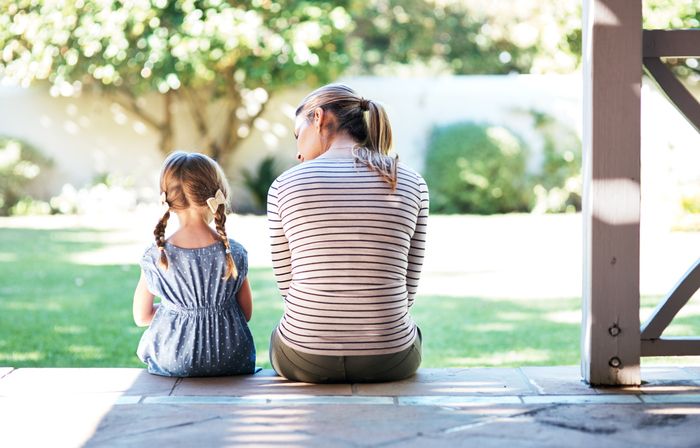Few boosters for children and young people, many quarantine questions
Created: 01/14/2022, 19:52
By: Christian Masengarb
At the Hausham vaccination center, less than four percent of all booster vaccinations have so far been given to people under the age of 20.
© Thomas Plettenberg
The vaccination center in Hausham has been boosting young people and children since the beginning of January.
So far, however, only a few have even been considered for the refresher.
The new quarantine rules are meanwhile prompting inquiries from the health department.
District – The recommendation for booster vaccinations for twelve to 17-year-olds issued by the Standing Vaccination Commission (Stiko) on Thursday will change little for the vaccination center in Hausham.
Since the beginning of January, children and young people have been receiving refreshers on corona protection "in the age-appropriate dosage" of the Biontech vaccine, as suggested by the Stiko.
Processes and rules correspond to the new recommendation, says a district office spokeswoman.
Also read:
Corona statistics in the district of Miesbach: Despite the borders, they are probably quite accurate
Few boosters for children and young people
The district office does not have exact figures on how many children and adolescents have received a booster in the vaccination center so far. The statistics of the vaccination software summarizes all people under the age of 20 into one group, including some 18 and 19 year olds. That skews the numbers a bit. Nevertheless, the data suggest that so far only a few children and adolescents have received a booster in the vaccination center: around 23,000 boosters for people aged 20 and over, compared to fewer than 1,000 for people under 20 years of age - this corresponds to a share of only around four percent.
The district office believes that this trend will continue for the time being, despite Stiko's recommendation.
Since children and young people started the vaccination campaign later than older people, many of them have not had basic immunization long enough to be eligible for the booster.
However, the vaccination center is also very well prepared for an increasing demand, says the spokeswoman: At the moment there are “almost no waiting times” for all age groups.
Important: These figures only cover the vaccination center.
The district office does not have any data on booster vaccinations for children and adolescents by general practitioners.
The authority only receives summarized figures for refresher treatments in practices, not broken down by age groups.
Also interesting:
Vaccination in pharmacies: Miesbach pharmacist is ready "if we are needed"
Lots of quarantine questions
Due to the increasing number of infections in the district and the quarantine rules adjusted on Tuesday, the health department is currently receiving many inquiries on the subject.
"A change in the quarantine times creates a brief confusion and of course questions arise," says the spokeswoman for the district office.
If you also have questions, three important points about the new rules, to which the spokeswoman refers, will help.
The most important: As of today, contact persons no longer have to be in quarantine if they are boosted or have similar protection - i.e. those who have just been vaccinated twice, those who have just recovered, those who have been vaccinated twice after recovery or those who have recovered after a second vaccination.
Point two: all other contact persons have to be in quarantine for ten days, but can test themselves with PCR or rapid tests after seven days.
Exceptions are schoolchildren and children who attend day-care centers: You can test yourself free after just five days.
Stricter rules apply to employees in vulnerable facilities such as hospitals.
Point three: The requirements for infected people are similar to those for unvaccinated contact persons: ten days of isolation, free testing after seven days with PCR or rapid tests - in contrast to contact persons, this only applies to infected people if they have been symptom-free for 48 hours at this point.











/cloudfront-eu-central-1.images.arcpublishing.com/prisa/KMEYMJKESBAZBE4MRBAM4TGHIQ.jpg)



